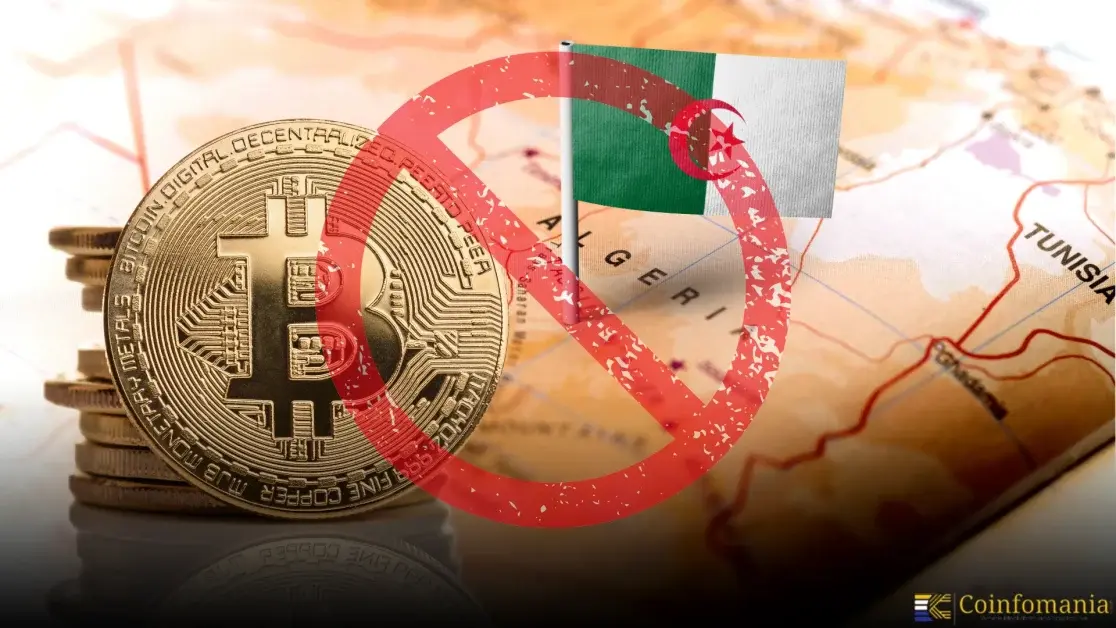
Algeria has reaffirmed its uncompromising position on cryptocurrencies, maintaining a sweeping ban on the use, possession, and exchange of digital assets such as Bitcoin and Ethereum.
The prohibition, originally introduced in 2018 and reiterated in the 2020 supplementary finance law, underscores the country’s drive to preserve monetary sovereignty and protect its financial system from the uncertainties of decentralized digital markets.
In a rapidly evolving global economy, where cryptocurrencies have gained traction as both speculative assets and financial instruments, Algeria has chosen to distance itself from the trend.
“The proliferation of cryptoassets poses a threat to the stability of national currencies,” the Ministry of Finance declared when justifying the restrictions.
Officials argue that cryptocurrencies operate beyond the oversight of central banks and foster speculative bubbles disconnected from the productive economy.
By drawing a clear line, the Algerian government seeks to uphold the authority of the central bank and reinforce the role of the Algerian dinar.
The move also comes as a pre-emptive strategy to shield the economy from the volatility and systemic risks associated with unregulated digital finance.
Beyond economic sovereignty, Algeria’s position is rooted in concerns over financial crime.
Authorities cite the anonymous nature of cryptocurrency transactions as a major enabler of money laundering, terrorist financing, and tax evasion. In a country striving to moralize its economic practices, the government views digital assets as a serious threat to transparency and law enforcement.
While several African nations are still exploring regulatory frameworks for digital currencies, Algeria’s approach remains firm: prevention over permissiveness.
The policy aligns with broader banking sector reforms aimed at boosting formal investment channels and reinforcing traceable financial transactions.
For now, Algeria stands apart as a country resolute in defending traditional monetary systems in the face of rapid digital disruption—prioritizing control, accountability, and the long-term stability of its financial ecosystem.



